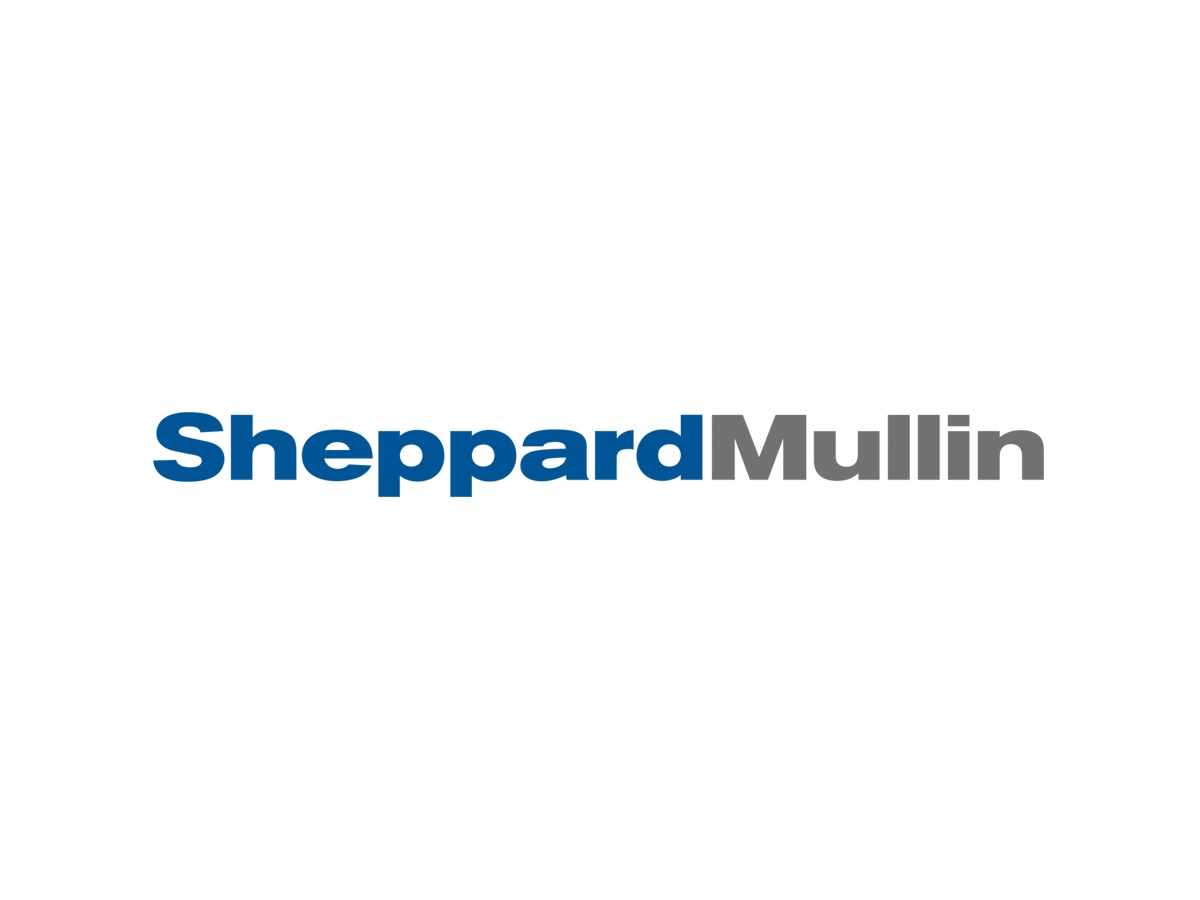Delaware Court of Chancery Patent Ownership Disputation Addresses Jurisdiction For Pharmaceutical Companies
A dispute over patent ownership rights has erupted in the Delaware Court of Chancery. This court of equity is atypical for intellectual property and pharmaceutical company disputes. The Chancery Court will now have to decide whether CyDex has pled enough facts to establish equity jurisdiction. Through a broader lens, the CyDex litigation presents an opportunity for the Chancery Court to contribute to the resolution of intellectual property ownership disputes arising under research and cooperation agreements.
The parties’ initial agreement required further negotiations regarding patent filings.
As alleged in the verified complaint, CyDex is the manufacturer of Captisol(r), a breakthrough product used to improve solubility, bioavailability, and stability of active pharmaceutical ingredients (APIs) in multiple pharmaceutical products. The business model of CyDex involves partnering with pharmaceutical companies. CyDex offers Captisol(r), as well as a variety of proprietary information about its formulation and usage, to its licensees. In return, its licensees provide ongoing information on their research and a co-ownership stake in any intellectual property arising from the use of Captisol(r).
In March 2019, Bexson took a license to obtain medical-grade Captisol(r) in connection with its research on a new formulation of ketamine (the In Vivo Agreement). The In Vivo Agreement defined Bexson’s usage as being limited to the development of a low dose ketamine pump delivery system that would be used for chronic pain. The In Vivo Agreement terminated in March 2020, but certain post-expiration terms remain. These include that “accrued rights and obligations of the parties shall survive” termination. The In Vivo Agreement terminated in March 2020, but certain post-expiration terms survive, including that the “accrued rights and obligations of the parties shall survive” termination.
CyDex alleges that Bexson used Captisol(r) and CyDex’s proprietary knowledge outside of the permitted uses.
By its suit, CyDex alleges that Bexson improperly used CyDex’s confidential information and know-how to develop nonketamine formulations without its knowledge. Bexson filed an application for a patent in 2021 that covered these formulations. The US Patent No. In 2022, Bexson filed a patent application for US Patent No. 11,534,454 (“the ‘454” patent). The ‘454 Patent describes removing salt from Captisol (r) and combining N, N-Dimethyltryptamine with DMT. Additional applications were filed in the years 2022 and 2023, and are still being prosecuted. Bexson did not notify CyDex of these filings.
CyDex seeks relief in equity; Bexson seeks a dismissal.
The Delaware Chancery Court is a court of equity jurisdiction. CyDex is seeking a declaration that Bexson violated the In Vivo Agreement, and a specific performance to “require Bexson to acknowledge and effectuate CyDex’s co-ownership right” in its patents. Bexson claims that the In Vivo Agreement, which was intended to be a temporary agreement, was in any case superseded by the Captisol(r), Use/Supply Agreement of April 2019 (the CUSA) and rendered null. Bexson argues that CyDex must dismiss its action under the In Vivo Agreement. Bexson argues further that the Chancery Court does not have subject matter jurisdiction, because CyDex can obtain relief without specific performance. A court of law is able to determine the parties’ rights and they are presumed to follow declaratory judgments. CyDex responded to Bexson’s motion by filing a sealed amended lawsuit on November 6, 2024. Per the parties’ stipulation and order governing response to motion to dismiss, Bexson will have an opportunity to reply no later than November 20, 2024.
A venue for patent ownership disputes?
Although the issues of patent validity and infringement are questions of federal law, issues related to ownership of patent rights are questions for state courts. A party cannot address patent ownership disputes in federal court without a federal question. This case is a rare chance for the Delaware Court of Chancery to determine if it has the jurisdiction to decide declarations of shared ownership rights in patents. The CyDex litigation may position the Delaware Chancery Court, which is usually the venue for corporate disputes, as a venue where pharmaceutical companies can seek declarations of inventorship. According to the Delaware Division of Corporations (DDC), 68.2 per cent of Fortune 500 companies were incorporated in Delaware and 79 per cent of US-based initial public offerings in 2022 listed Delaware.






